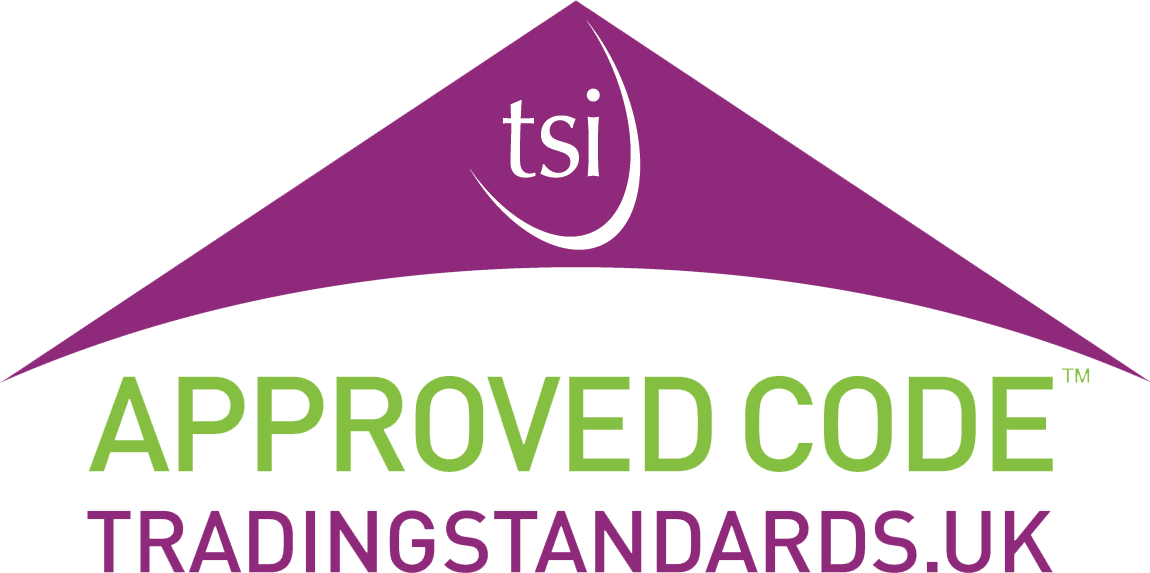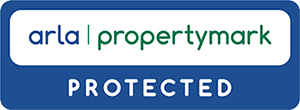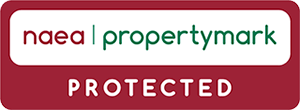Scammers are using increasingly sophisticated tactics to make a fast buck, often leaving landlords out of pocket or caught up in messy legal disputes.
Read on to learn about the most common scams targeting landlords and how to protect your rental property.
Falsifying documents
The wonders of technology mean it’s much easier these days to make convincing fake ID, and doctor payslips, bank statements and references. As a result, landlords could be duped into taking on a tenant who isn’t who they claim to be, has a bad credit history or plans to run a criminal operation from the property.
Solution: Take your time with the referencing process and use a referencing company to check credit history. Be wary if a tenant offers to pay a large sum upfront to circumvent the usual referencing process, at Sacha Scott even cash upfront renters have to go through formal referencing to check their credit.
Subletting
Subletting can lead to overcrowding and increased wear and tear on your property. It may also invalidate the terms of your mortgage and insurance. The bottom line is you need to know how many people live in your property and who they are.
Solution: Make sure your rental contract explicitly bans subletting and carry out regular inspections.
Home hijackers
How the ruse works is a tenant changes their name by deed poll to the landlord’s name and obtains ID. They then put the property on the market for a knockdown price, insisting on a cash buyer and a quick sale (so the sale can be pushed through with as little scrutiny as possible). When the estate agent and solicitor request to see ID as part of the selling process, the scammer shows their newly obtained ID in the landlord’s name.
If no one clicks during the process that something is awry, the buyer can hand over a large sum of cash, thinking they’ve bought a property. While the buyer is the one that ends up out of pocket, the genuine owner of the property may have to jump through quite a few hoops to prove ownership.
Solution: Properties that don’t have a mortgage or have not been sold or mortgaged since 1998 are more at risk. Landlords should ensure their property is registered with HM Land Registry and sign up to receive an alert if an application or search is carried out on the property.
Also, use a letting agent’s services – especially if you don’t live close to the property and can’t carry out regular inspections yourself.
To find out about our property management services, call us today at Sacha Scott.














Share this with
Email
Facebook
Messenger
Twitter
Pinterest
LinkedIn
Copy this link